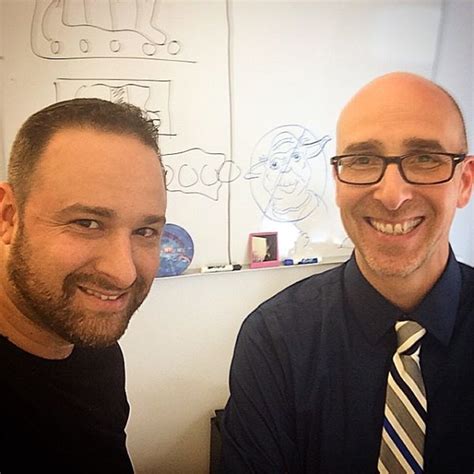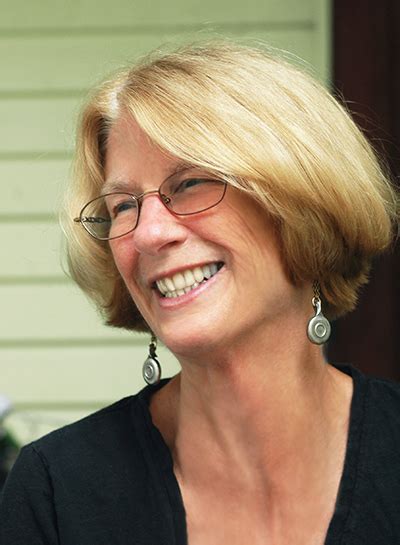A Quote by Joseph Prince
Television, radio, social media. The 24/7 news cycle plows forward mercilessly on our desks, in our cars and in our pockets. Thousands and thousands of messages and voices bombard us from the moment we wake, fighting for our attention. All we see and hear, all day long, is news. And most of it is bad.
Related Quotes
Most people would say they live with an internal angst that they can't always put their finger on. This is because the Internet has changed our very way of being in this world, compelling us to be perpetually "on" - from our cars to our computers, our tablets to our smartphones, our desks to our living rooms or dining tables, our churches to our libraries to our schools.
There is one tradition in America I am proud to inherit. It is our first freedom and the truest expression of our Americanism: the ability to dissent without fear. It is our right to utter the words, 'I disagree.' We must feel at liberty to speak those words to our neighbors, our clergy, our educators, our news media, our lawmakers and, above all, to the one among us we elect - President.
Blame it on our short memories, the daily grind of the 24-hour-news cycle, or the endless barrage of information that comes at us on social media, but count me in the number of people who did not truly understand how utterly gross both Donald Trump and Bill Clinton have been to women, including their own wives, across the years.
We all have our likes and our dislikes. But... when we're doing news - when we're doing the front-page news, not the back page, not the op-ed pages, but when we're doing the daily news, covering politics - it is our duty to be sure that we do not permit our prejudices to show. That is simply basic journalism.
So much is wrapped up in our work and each book of the Bible points to Christ and the good news of what he's done that impacts the whole of our lives and the whole of our world. When our eyes are opened to see how each book of the Bible points us to the gospel, the relevance to our work and the need for this good news to enter into our work becomes increasingly evident.





































